8 Foods You Must Eat To Treat Oily Skin
By: Priyanka Maheshwari Sat, 18 Nov 2023 11:38:04
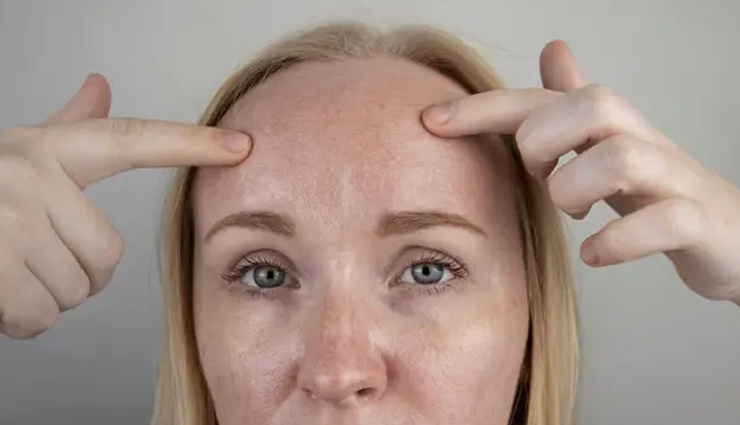
You are defined by your dietary choices, and what you consume significantly influences the condition of your skin, particularly if you have oily skin. Adhering to a specific diet tailored for oily skin can effectively address various skin concerns such as excessive oil production, greasiness, enlarged pores, acne, blackheads, and whiteheads. While many people experiment with topical remedies for these issues, the importance of dietary habits is often overlooked. Therefore, adopting a well-balanced diet can be a key strategy in combating oily skin. By steering clear of certain foods known to exacerbate oily skin problems, you can make a positive impact on your skin health. Curious about which foods to avoid and include in your diet for oily skin? We've compiled a list to guide you in managing these common skin issues. Continue reading for more insights.
Oily skin is a common dermatological concern characterized by an excess production of sebum, the skin's natural oil. This condition often leads to a shiny complexion, enlarged pores, and a predisposition to issues such as acne, blackheads, and whiteheads. The overactive sebaceous glands are responsible for the surplus oil, creating a unique set of challenges in skincare. While some individuals may embrace a radiant complexion, managing oily skin requires a tailored approach to strike a balance. Understanding the factors contributing to excess oil production and adopting effective skincare practices can play a pivotal role in promoting a healthier and more balanced complexion. In this exploration, we delve into the causes, challenges, and solutions associated with oily skin, providing insights for those seeking effective strategies to manage and care for their skin.
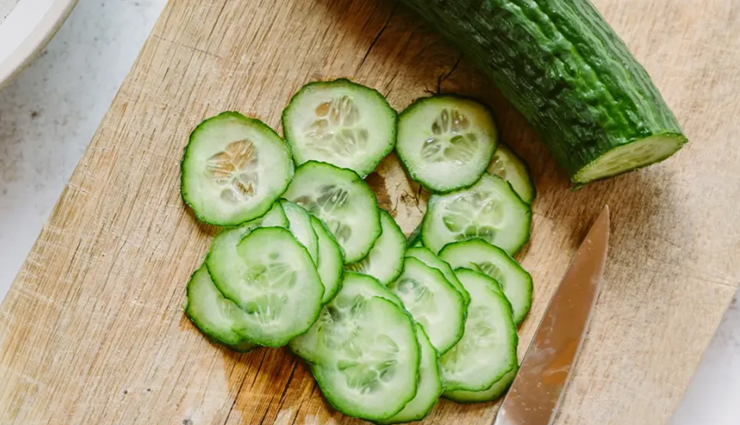
# Cucumbers
Cucumbers boast a water content of 95.23 g per 100 g, signifying their predominantly aqueous composition. Given the well-established importance of hydration for optimal skin health, incorporating cucumbers into your diet proves beneficial. Adequate water intake aids in flushing out toxins from the body and supports the proper secretion of hormones. Additionally, cucumbers feature a notable antioxidant content crucial for promoting healthy skin. Their anti-inflammatory properties further contribute to acne reduction, making them a valuable addition to a skin-friendly diet.
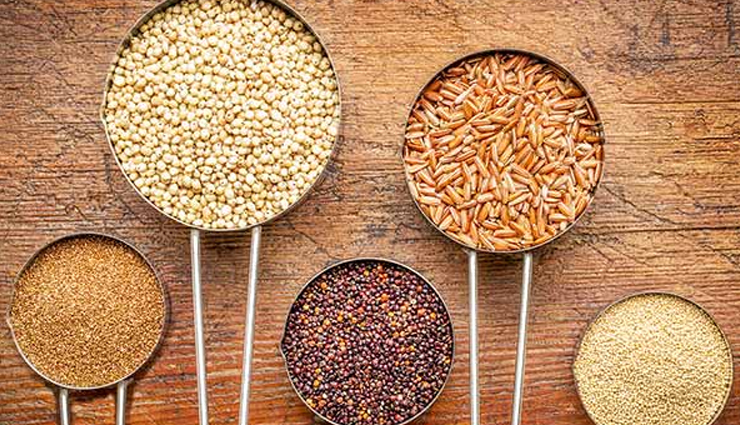
# Opt for Whole Grains
Choosing whole grains over processed carbohydrates can enhance skin texture and promote a healthier complexion. Opt for minimally processed foods, such as whole wheat bread instead of white bread. Whole-grain buckwheat, for instance, contains the antioxidant rutin, which helps prevent inflammation-related damage to the skin. Wheat germ, rich in biotin, a B-vitamin crucial for fat processing, can prevent dry, itchy, and scaly skin caused by low biotin levels.
Fiber-rich foods like oats and brown rice aid in eliminating toxins from the body, contributing to improved skin, hair, and overall health. Fiber can combat constipation, a leading cause of bodily imbalance and a significant contributor to clogged pores, acne, and other skin issues.
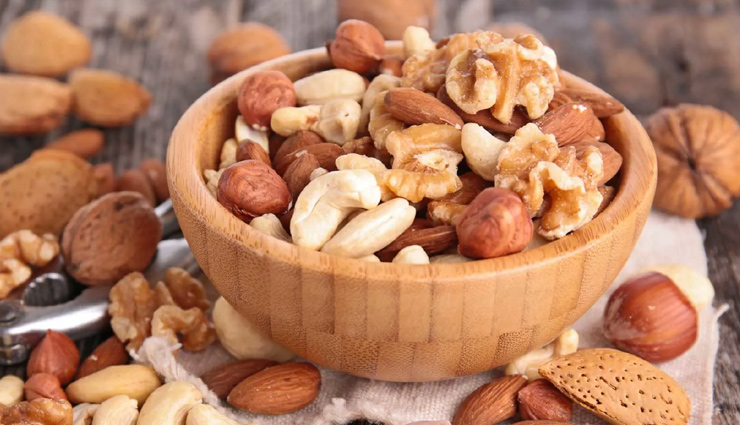
# Embrace Nuts
Nuts are abundant in omega-3 fatty acids, essential for maintaining clear and healthy skin. With anti-inflammatory properties, nuts contribute to enhanced skin texture. However, moderation is key, as excessive consumption may have adverse effects on your skin. Limit your intake to a handful a day, ideally within the confines of your fist.
Foods such as soybeans, avocados, nuts, salmon, and tuna, rich in omega-3 fatty acids, are excellent for skin health. These acids play an anti-inflammatory role and contribute to regulating systemic inflammation. Regularly incorporating omega-3 fatty acids into your diet can aid in skin healing, decrease inflammation, and potentially reduce the risk of acne and other skin issues by regulating insulin-like growth factor (IGF-1) and preventing excessive sebaceous follicle keratinization.
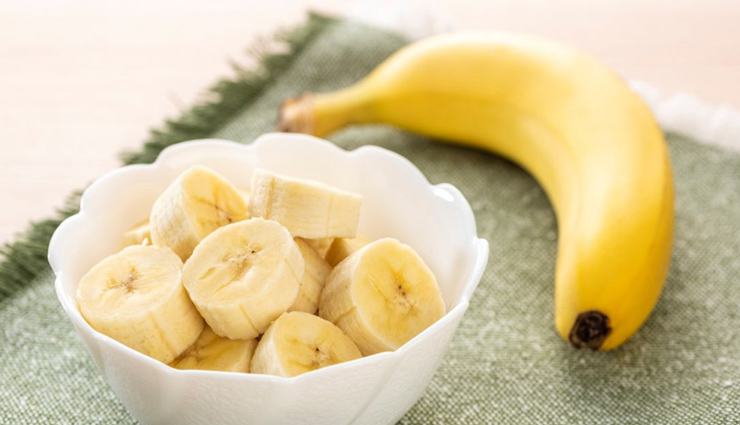
# Bananas
Bananas are rich in vitamin E, phosphates, and potassium, contributing to improved skin health. Additionally, they serve as excellent detoxifiers. Incorporating a daily banana into your diet can aid in reducing pore size, thereby preventing the entry of dirt. The antioxidants present in bananas also play a crucial role in combating oxidative stress.
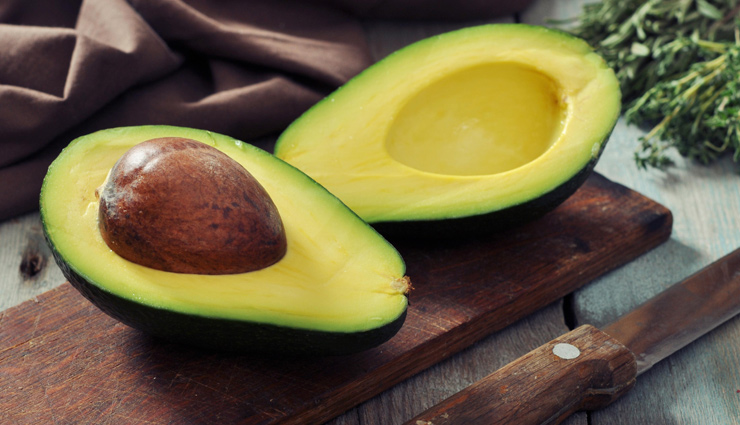
# Avocados
Avocado is another excellent fruit for promoting healthy skin. Rich in beneficial fatty acids, it inhibits the overproduction of oils from sebaceous glands. Furthermore, avocados are a abundant source of antioxidant carotenoids, including alpha-carotene, beta-cryptoxanthin, beta-carotene, zeaxanthin, and lutein. Incorporating sufficient carotenoids into your diet can enhance your skin's density, thickness, tone, and texture.
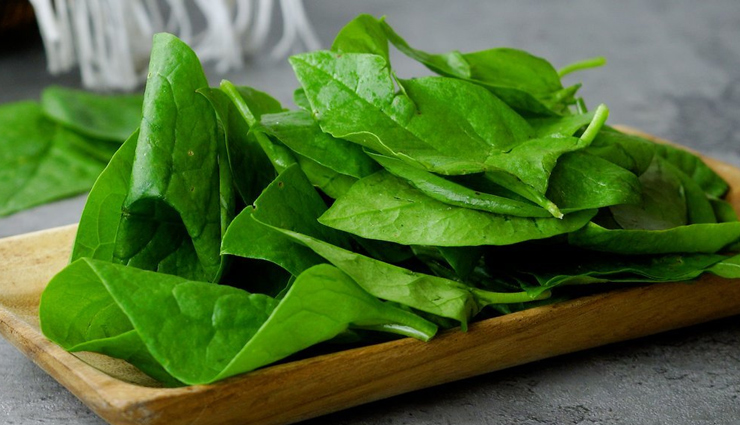
# Spinach
Green vegetables like spinach, kale, and broccoli are devoid of oil and high in fiber, aiding in skin clarity and oil production regulation. Spinach also boasts anti-aging benefits, containing approximately 164 grams of water per cup, contributing to overall skin hydration. Adequate water intake is crucial for healthy skin, as insufficient hydration can lead to dehydration, dryness, tautness, and flakiness, prompting sebaceous glands to overcompensate, resulting in oily skin.
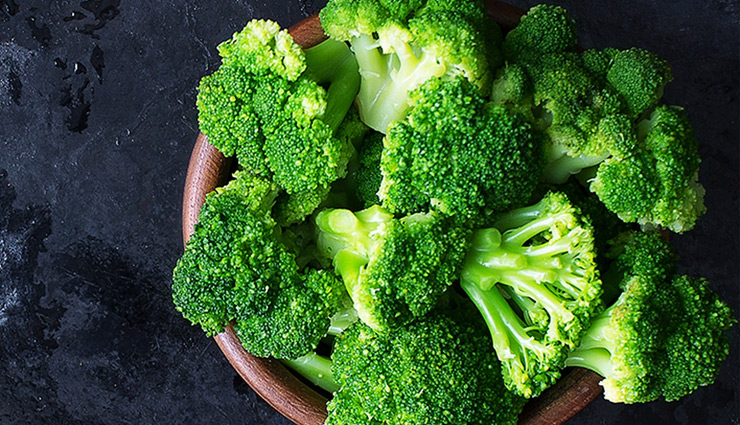
# Broccoli
Broccoli, recognized as a superfood, is rich in vitamin C, magnesium, and vitamin A, effectively preventing blocked pores. Its anti-inflammatory properties soothe the skin and contribute to oil production control, reducing the risk of acne and other skin problems.
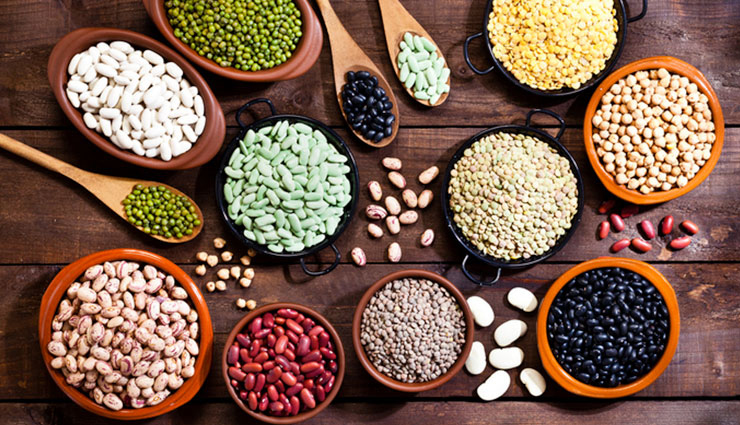
# Lentils and Pulses
Lentils, being nutrient-dense, play a role in oil production control, promoting clear skin when consumed regularly in appropriate amounts. Pulses also contribute to regulating body oil production, containing amino acids that do not convert into sugars upon consumption, thereby preventing excessive oil secretion.
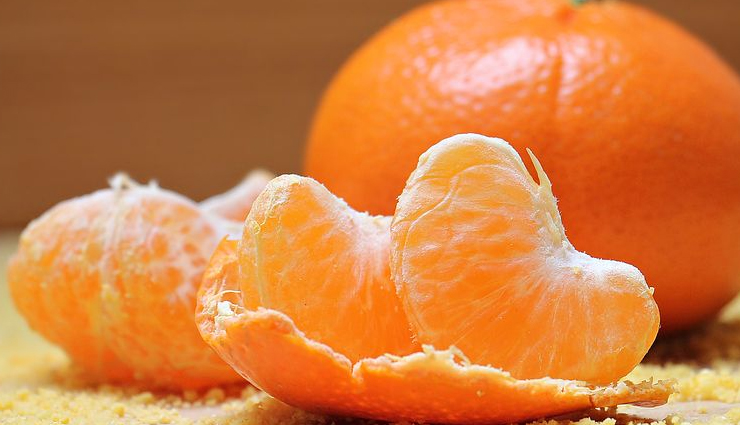
# Oranges
Citrus fruits like oranges and lemons are rich in vitamin C, providing excellent benefits for the skin. These fruits also feature detoxifying agents that effectively eliminate excess oil from the skin, promoting overall skin health. Oranges, with their natural oils, contribute to skin moisturization, while the citric acid present helps in drying out acne, thereby enhancing skin texture.
Lemons, on the other hand, play a role in eliminating toxins from the body and supporting healthy liver function. This, in turn, contributes to clear and supple skin.





